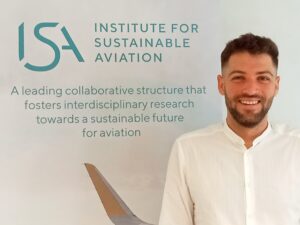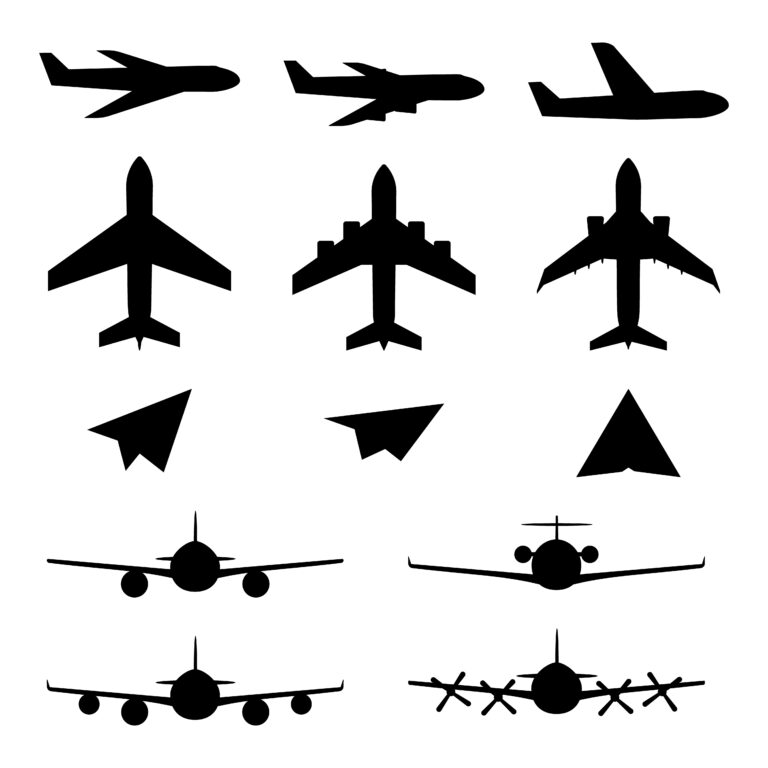
UNLOCKING GREENER SKIES: GABRIELE SIRTORI ADVANCES SUSTAINABLE AIR TRAFFIC MANAGEMENT
A new ISA research project, supported by Thales, develops an innovative metric to assess and improve the environmental and operational performance of air traffic flows.



